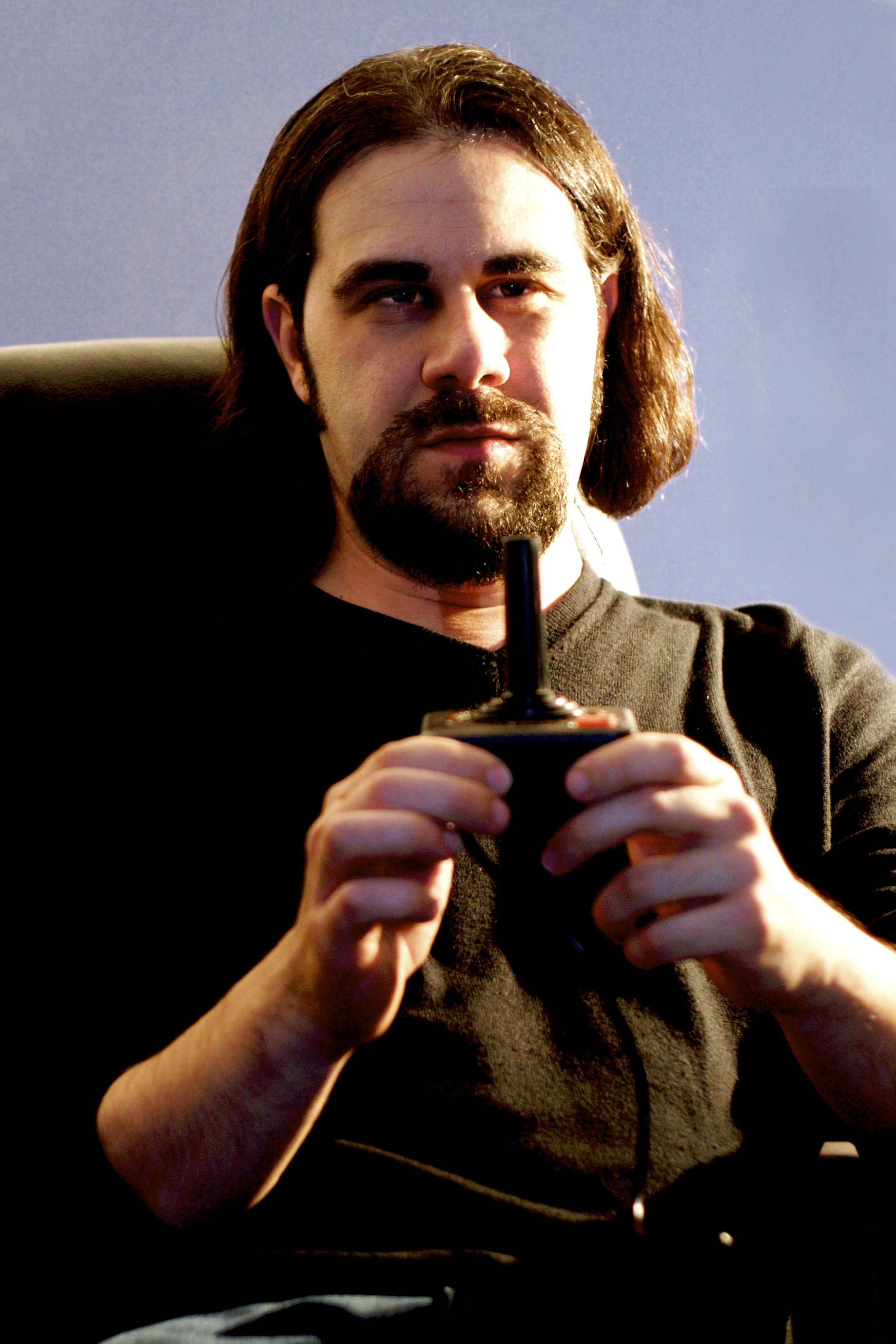For a long time, we've talked in the game industry about gender diversity as the one problem on the radar, but the racial split is worse.

"Ian Bogost" is a video game designer, critic and researcher. He holds a joint professorship in the School of Literature, Media, and Communication and in Interactive Computing in the College of Computing at the Georgia Institute of Technology, where he is the Ivan Allen College of Liberal Arts Distinguished Chair in Media Studies.
He is the author of Unit Operations: An Approach to Videogame Criticism and Persuasive Games: The Expressive Power of Videogames as well as the co-author of Racing the Beam: The Atari Video Computer System and Newsgames: Journalism at Play. Bogost also recently released Cow Clicker, a satire and critique of the influx of social network games. His game, A Slow Year, won two awards, Vanguard and Virtuoso, at IndieCade 2010.
More Ian Bogost on Wikipedia.I've always had a complicated relationship with advertising. It's everywhere, and it's becoming more and more parasitic. Yet, because it's everywhere it has the power to influence people positively as well as negatively.
This isn't a game that changes your opinion, but tells you why people have the opinion they do.
Advertisers, governments and organizations mount huge campaigns to show us what they want us to see, and we want to expose what they're hiding. There's lots of precedent for this sort of speech in print, in film (and) on the Web, but we think videogames are particularly good at exposing the underlying logics of these organizations--how they work and what's wrong with it.
Let's take on the most complicated, difficult problem that we could possibly take on in contemporary American political discourse. We'll make an abortion game.
People don't have to pay right now anyway, ... But, of course, I hope there is a future for my games where people would spend money.
You may be in Georgia thinking, 'Gee, I wonder how soccer moms in Kansas feel about that issue,' .
The medium has matured to the point where enough people understand and use [electronic video games] that we can now put them to other uses than just entertainment.
Copyright © 2024 Electric Goat Media. All Rights Reserved.